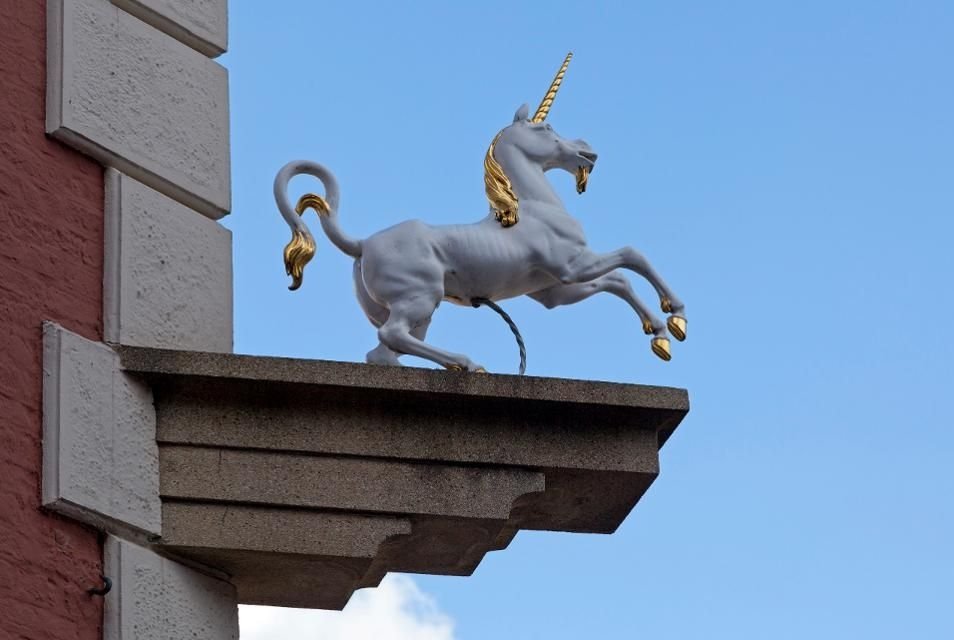With Uber and WeWork struggling, are VCs really better than hedge funds at picking winners?
Investors are questioning how good the world’s most prominent venture capital fund is at picking winners. Doubts about the Vision Fund, the flagship investment vehicle for Masayoshi Son’s SoftBank Group Corp., intensified after the collapse of the planned $20 billion WeWork Cos. initial public offering, but they’d been floating around for a while.
SoftBank’s bad year began in May with Uber Technologies Inc.’s disappointing IPO and continued when Slack Technologies Inc.’s June direct listing on the New York Stock Exchange failed to impress. By September the fund was up $11.4 billion on $76.3 billion in investments deployed over two years, according to its Nov. 8 investor briefing. But a big chunk of that came from just two deals: the August 2018 sale of Flipkart Online Services Pvt Ltd. to Walmart Inc. and some well-timed trades in chipmaker Nvidia Corp., which it exited in January.
As for the rest of the fund’s investments, only consumer stocks, which account for 20% of its portfolio, have reported decent gains. Fifty percent of the Vision Fund’s holdings are in transportation logistics and real estate, making it a poor hedge against market volatility. After taking writedowns on Uber and WeWork, it’s already in the red for both sectors.
Here’s a provocative question: What if hedge funds—passive but nimble investors—are better at identifying unicorns than venture capital is? Unlike Son, who has a habit of writing multimillion-dollar checks after only 10 minutes of getting-to-know-you time, hedge fund managers are all about due diligence. Tiger Global Management’s assets, for example, have swelled 80% since May 2015, including big gains in the past 12 months from Juul Labs Inc.’s $12.8 billion deal with Altria Group Inc. and the market debut of Peloton Interactive Inc., which Tiger has backed since 2014.
Son has survived tricky times before. During the dot-com bust, SoftBank’s shares tumbled 99%. But the company stayed around because one of its investments—in Alibaba Group Holding Ltd.—paid off spectacularly. Perhaps Son will hit the jackpot again. But a few standout deals don’t make him a great startup picker. In fact, retail investors would do better not to follow his lead. Based on his past success rate, most of the unicorns the Vision Fund brings to market will be flops.
Source: Bloomberg
Can’t stop reading? Read more
Bain Capital-backed Classys expands in South America with $13m acquisition of Brazil’s JL Health
Bain Capital-backed Classys expands in South America with $13m acquisition of Brazil’s JL Health Bain Capital-backed Classys Inc. has acquired JL Health Participacoes S.A., Brazil’s largest aesthetic device retailer, for 18.27bn won ($13m), strengthening its footprint...
Spanish investor Qualitas seeks €3.25bn for sixth fund focused on energy transition deals
Spanish investor Qualitas seeks €3.25bn for sixth fund focused on energy transition deals Qualitas Energy is raising €3.25bn ($3.8bn) for its latest renewable energy fund, positioning itself to capitalise on a new wave of consolidation across Europe’s clean-energy...
Goldman Sachs launches ETF tracking private equity-like returns through MSCI index partnership
Goldman Sachs launches ETF tracking private equity-like returns through MSCI index partnership Goldman Sachs Asset Management (GSAM) has introduced a new exchange-traded fund designed to replicate the performance characteristics of private equity portfolios, in...




